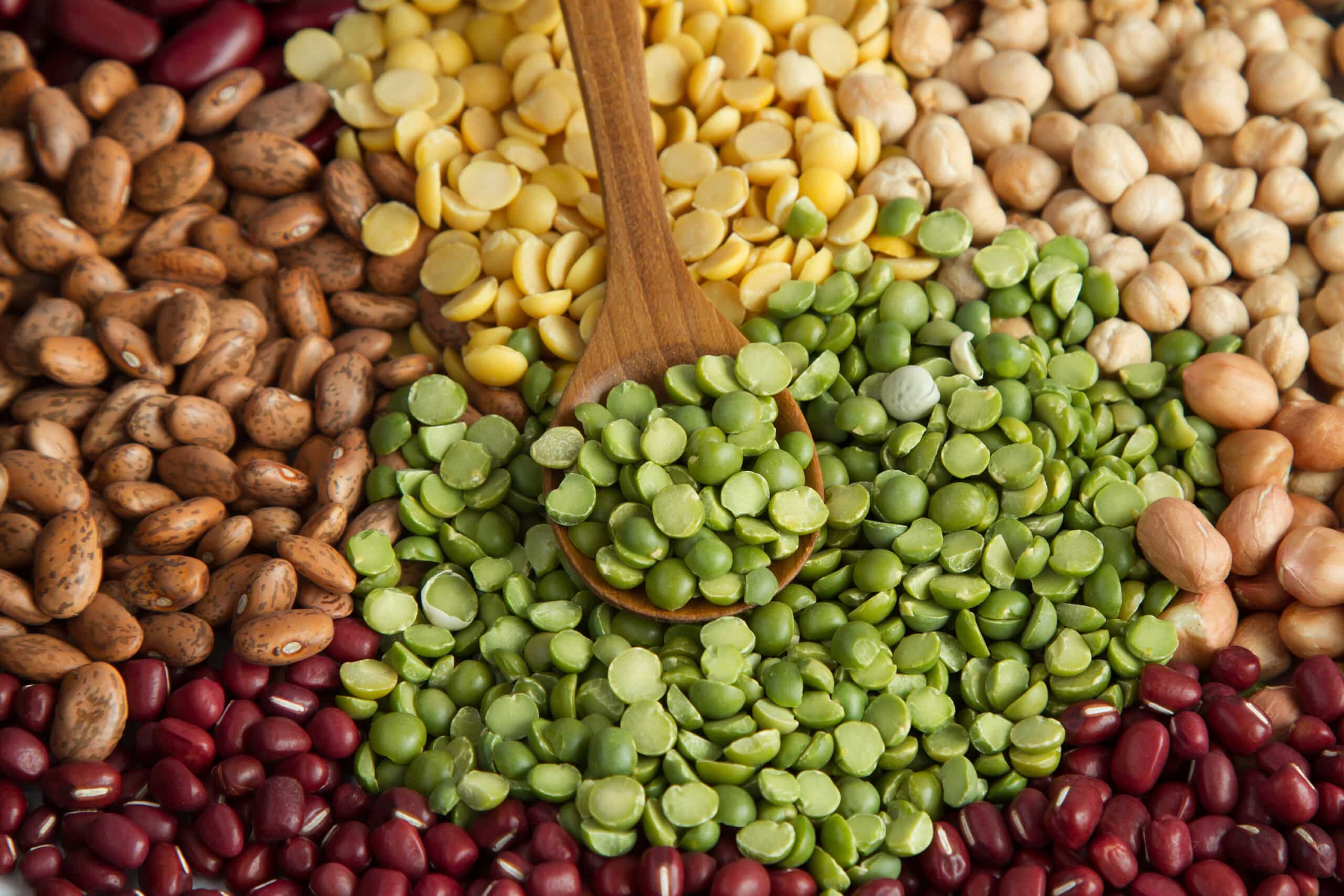Along with eating a variety of fruits and vegetables, especially dark green, red and orange vegetables, fruits, peas and nuts, of the top 10 recommended foods in that are staples in the world’s longest-lived people that we should eat more of to enjoy a healthy and long life, half of them belong to the bean family: lentils, soybeans, peanuts, chickpeas, and black beans.
The longevity warriors in the Nicoya Peninsula may start off their day with a warm corn tortilla that is stuffed with savoury black beans. Over in Sardinia lunch may consist of a hearty minestrone soup loaded with fava beans, cranberry beans and chickpeas. Dinner over on the island of Okinawa may be a tasty stir fry using green beans, soybeans and mung bean sprouts.
There’s actually a fair bit of science to support consuming beans such as a study of people over the age of 70 in three different cultures around the globe found that for every two tablespoons of beans an individual consumed every day they reduced their risk of dying by 8%.
Other studies show that beans provide the complex carbohydrates, proteins and trace minerals that the human body needs along with the fibre that our microbiomes need to boost our immune system.
Taken together it makes sense as beans are part of the staple diet for most of the world’s longest-lived people, and they don’t get to be that age due to superior genes alone, they also avoid obesity, diabetes, heart disease, dementia and cancers better than the rest of the world.
Jump over to America and nearly two-thirds of the populations are either obese or overweight according to recent figures, and according to a Harvard study, Americans have a shorter average life expectancy than residents of nearly any other developed high-income nation which is largely due to poor diet and lifestyle choices.
For the world’s longest-lived populations generations of cooks have made beans their key ingredient in most of their popular recipes from a bean, potato and onion stew to chickpea soup with lemons and herbs, or black-eyed pea salad with mint and onions. You can even enjoy a sweet potato black bean burger. Beans really are versatile, and science supports consuming them.
Not only are beans good for you, but they are cheap to produce and they can be grown pretty much anywhere from equatorial zones to northern regions reducing the need to transport them vast distances, also they do not require refrigeration and they can be stored for a long time.
Beans are even healthy for the land as they help to restore crucial nitrogens to the soil. For those that are trying to eat more plant-based products, beans are a great source of protein. If people were to start following standard dietary guidelines we could reduce greenhouse gas emissions from food production by up to 70% according to research from the University of Oxford. The takeaway is that eating beans is good to ourselves and the planet according to research; simply adding more beans to your diet could help you live longer.




